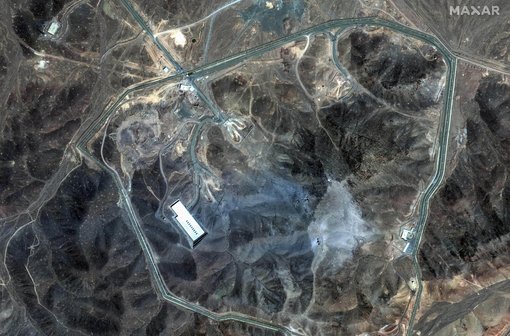Since war tends to escalate to extremes due to its internal dynamics, it must be contained politically, with the aim of ending it as soon as possible and preventing it in the future. This is particularly true when nuclear powers are directly or indirectly involved, as in the Ukraine war. Therefore, it makes sense to reflect about a possible end of the war and its aftermath in order to identify the course, the challenges, the risks, and the options for action. This is done by means of three scenario analyses, which Dr Hans-Georg Erhart analyses under the following aspects: What is happening in and with Russia, in and with Ukraine; what does it mean for NATO, Europe and Germany? Since a victorious peace is unlikely for any of the protagonists, and the costs continue to rise not only for the direct opponents of the war but also for their supporters and the not inconsiderable number of states staying out of it, Berlin should strive for an arrangement in line with the third scenario: a territorial compromise that is acceptable to both parties coupled with the preservation of the Ukrainian legal status and a final settlement shifted to the future.
Germany and Europe after the Ukraine war in 2025: Three scenarios, in: Putin’s War in Ukraine, Vol. II, Edited by Vladimir Sazoniov and Andres Saumets, Estomian Journal of Military Studies 23/2023, p.199-211.





